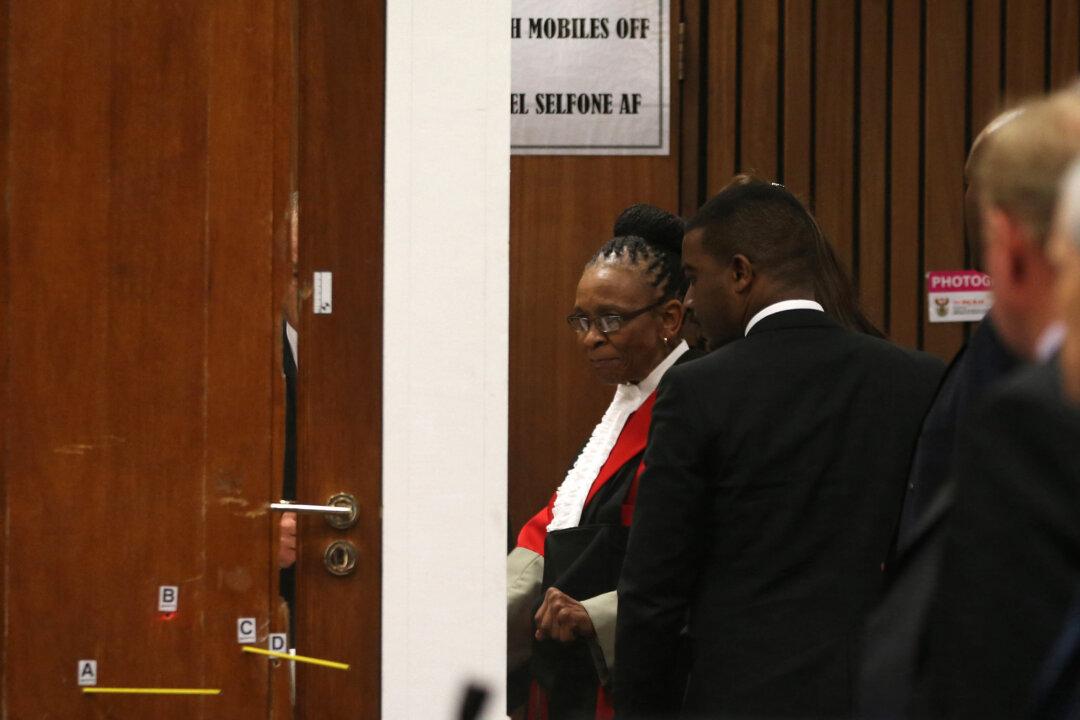Judge Thokozile Masipa is the South African judge who will render the verdict in the Oscar Pistorius trial.
She rendered the first part on Thursday and will hand down the second part on Friday.
Masipa is a former social worker and crime reporter, which led to her interest in law and the legal system. Her stories often focused on the indignities of life under apartheid.
When Masipa was named a judge in the Transvaal division in 1998, she became only the second black woman on the High Court Bench after former Constitutional Court judge Yvonne Mokgoro, according to the Mail & Guardian.
Masipa, who obtained her law degree at the age of 43, has also served on other courts, including the Electoral Court of South Africa.
Before the Pistorius case, Masipa was very much unnoticed by the larger population, presiding over mostly low-profile cases or the occasional medium-profile case. But colleagues said that she would perform well.
“Some judges like to get up there and perform with everyone watching,” said one officer of the court before the trial started.
“Some think it’s a good thing that justice is seen to be done; they handle it. [Masipa] is a bit shy, a bit reserved. I don’t think she‘ll like the spotlight, but she’ll be okay.”
Others familiar with her judgement said that her work has been eloquent and considered, and that her peers have respected her rulings.
The Times Live reported that Masipa is known in legal circles for being 100 percent thorough and conscientious.
“She is not a dazzler, she does not shine, she’s not brilliant, but she’s steadfast and worthy,” said a senior advocate.
“She works incredibly hard. She crosses all her t’s and dots all her i’s. She was probably the student who always got all the prizes for working the hardest.”






